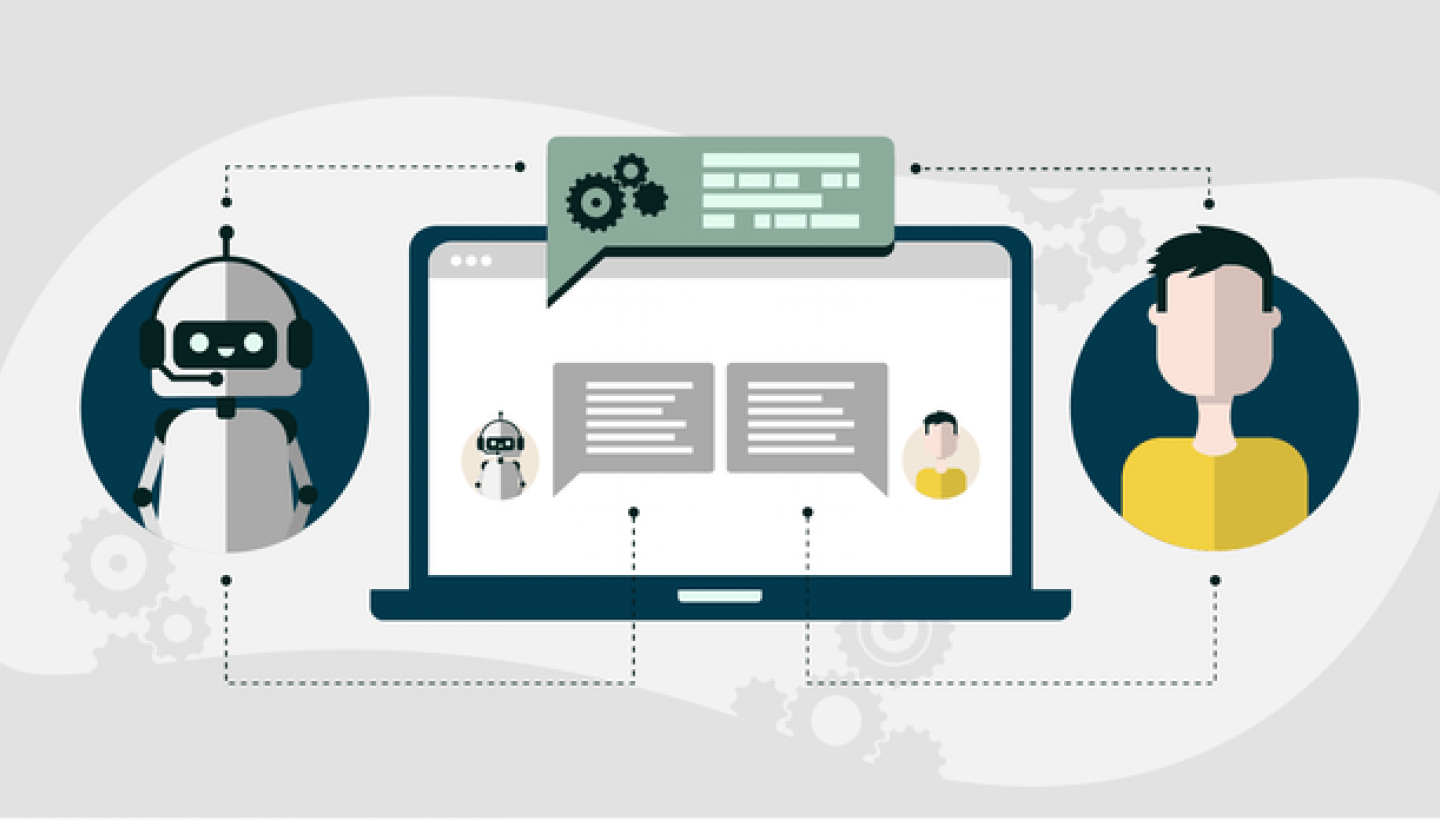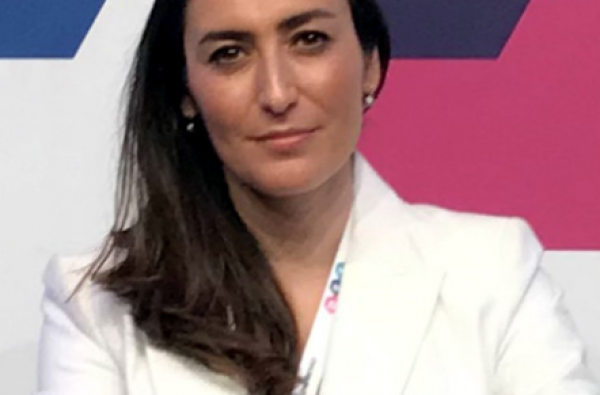Natural Language Processing (NLP) is the field of Artificial Intelligence that studies the way machines analyze correctly, understand and respond to human language.
Expressions that our brain processes automatically and that do not represent great efforts, such as ambiguity, irony or sarcasm, for machines represent confusion and do not allow messages to be interpreted correctly, preventing fluid and effective communication.
The mathematician and renowned Professor of Computer Science and Information at the University of Pennsylvania, Dan Roth, has dedicated the last few years to using LNP as a tool to provide a solution to the information pollution, the overload of information that we receive and that, many times, is "contaminated" by false, ill-intentioned and deceptive data. The fake news is already a common weapon used by unscrupulous groups that seek to foment hatred and division through disinformation.
As Professor Roth explains, as individuals, it is virtually impossible to analyze all documents circulating on a subject and contrast them to validate their veracity. Therefore, his study group is using NLP models to build a means by which people can get a complete picture of an issue of interest by taking references and definitions from different perspectives, backing each with reliable evidence to validate that information. The goal, according to the Professor, is "to provide people (...) better ways for them to understand what is really happening, and not to let them just take biased information from a small news source.
Asked about the manipulation of chatbots to influence the decisions individuals must make when voting, for example, Professor Roth argues that "we definitely have to be concerned about that. The field of Language Processing is the previous step to the field of Language Generation; a language that seeks to appear to have been generated by humans. And like any technology, you can use it to do good, or to do harm. But it is our goal to help individuals "navigate" the vast amount of data efficiently and reliably to help them discern what is true, what is not.
Finally, Professor Roth predicts that in the next ten years we will see a fantastic advance and implementation of NLP in two sectors: One is in medicine, where there is an enormous amount of medical records and medical publications published each year that are impossible to analyze efficiently with traditional tools; so much information is lost. With NLP you will be able to access that information and take advantage of it for the good of humanity. And the second is definitely the overabundance and contamination of information that we receive on a daily basis.
Full interview below



